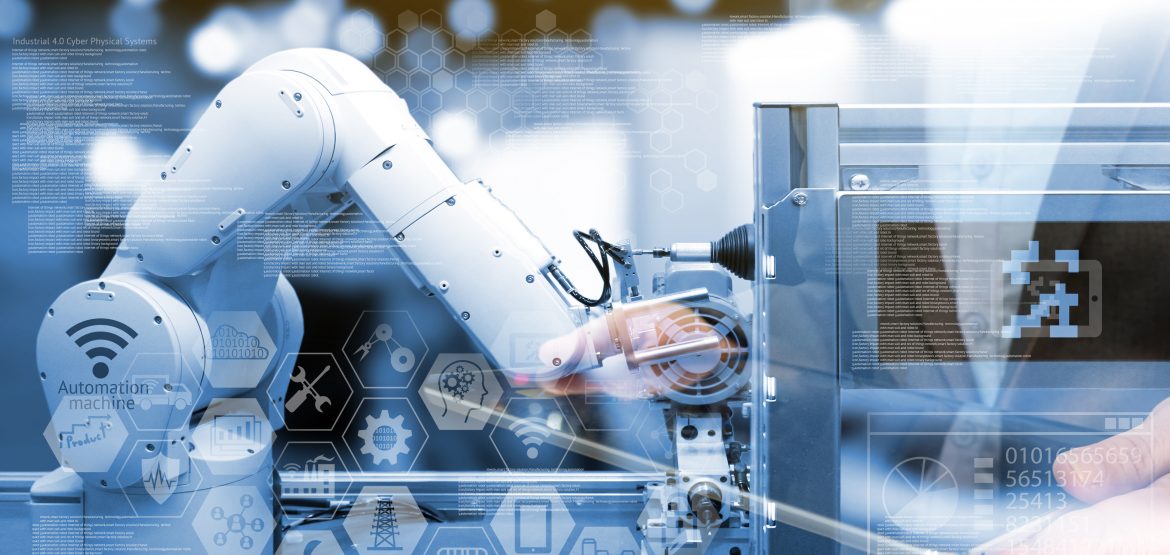11. April 2019
Looking at the Gartner Hype Cycle, IoT platforms have already reached the peak of inflated expectations in 2018 [1]. In the near future, a rapid transfer of this technology into its productive operational application is crucial. This raises the question of how we can interconnect production facilities and transport logistics efficiently using digital (cloud) platforms.
A market study by the industry association Bitkom shows that this topic is significantly relevant to many companies in the logistics sector [2]. According to a statistical survey, almost one third of the 553 companies surveyed are already using an IoT platform from an external provider. Nearly 100 companies plan to implement an IoT platform. Companies with less than 500 employees, on the other hand, are less likely to use a platform they have assembled themselves. The reason for this is that it is very difficult, in particular for small and medium-sized companies, to design and operate their own platform. Considering this, these companies depend on finding the right IoT platform. This is increasingly more difficult looking at the crowded IoT market offering services by external providers.
The constantly growing number of providers who are currently supplying the market with various IoT platform solutions, is an indication for the many difficulties smaller companies face to find matching IoT platforms. Matt Turck, who published a comprehensive overview of the market around the various IoT application areas for the fourth time in 2018, lists 416 companies alone providing platform solutions. [3] Many of these are specialized in specific areas of application uses, while others offer a variety of possible applications. The user’s challenge is to correctly identify the IoT platform and provider that best serves the needs of his business in the long-run.
In our market study in collaboration with the FIR e.V. an der RWTH Aachen, we jointly develop a profound and well-organized approach to the platform selection. In collaboration with renowned platform providers and industrial users, we are going to identify the companies’ challenges and develop a structured approach for enterprises facilitating the selection of an IoT platform at all levels! Contact us anytime for more information about our market study!


